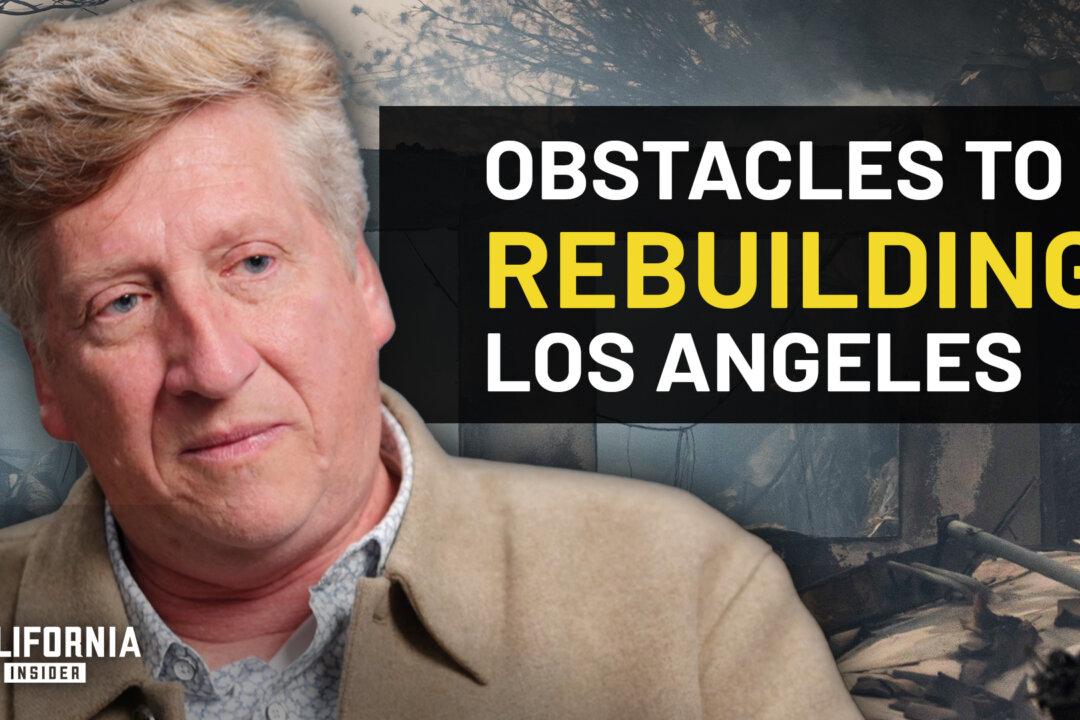Key Takeaways
- 0:00 CA Commits $6.5B/yr to Extend Medi-Cal to Illegal Immigrants
- 01:58 How Medi-Cal Expansion Affects Healthcare Access in California
- 03:10 Who Is Receiving the Coverage, and Can California Do This?
- 03:55 Expanded Coverage Raises Concerns About Budgeting





